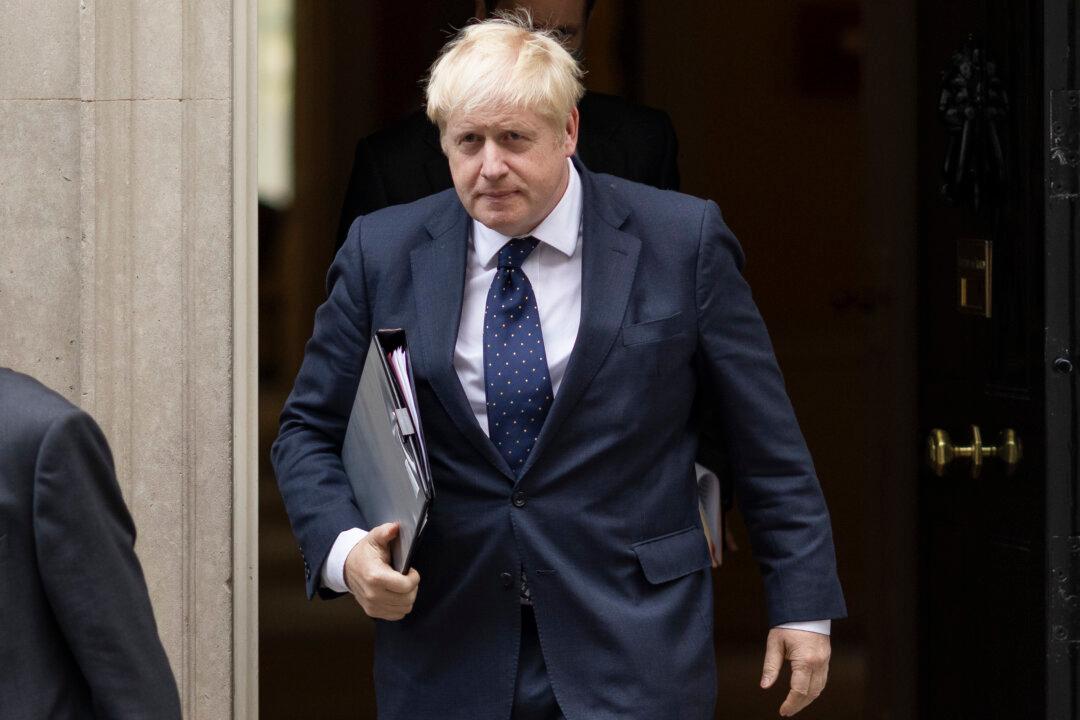A new opinion poll suggests Britain’s ruling Conservative party has fallen behind the main opposition Labour party, following the government’s decision to break its election pledge by raising taxes.
A YouGov survey found that backing for the Tories had fallen by five points to 33 percent after Prime Minister Boris Johnson announced an increase to national insurance contributions.





